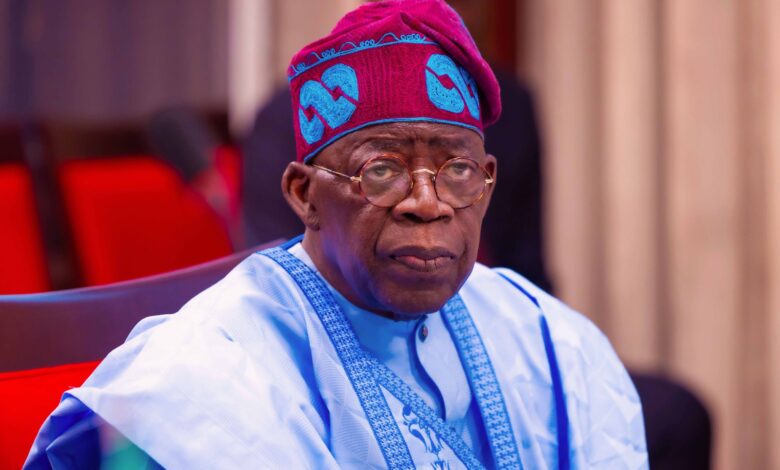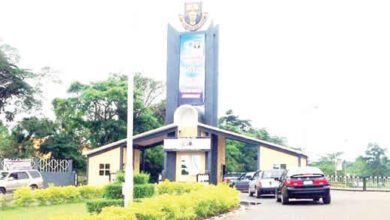Senate Set To Approve Tinubu’s $2.2bn Loan Request Amid Focus On Fiscal Policies

The Senate is expected to approve President Bola Tinubu’s $2.2 billion (approximately N1.77 trillion) loan request today, part of a broader plan to finance the 2024 budget. This loan, outlined in the President’s external borrowing plan, is aimed at bridging the N9.7 trillion deficit in the N28.7 trillion 2024 budget.
The Senate President, Godswill Akpabio, directed the Committee on Local and Foreign Debts to review the request and provide a report within 24 hours. Akpabio noted that the borrowing plan aligns with the administration’s fiscal strategy for the upcoming year.
Medium-Term Fiscal Projections
In addition to the loan request, Tinubu submitted the Medium-Term Expenditure Framework (MTEF) and Fiscal Strategy Paper (FSP) for 2025–2027 to the National Assembly. These documents set key economic targets, including:
•Oil price benchmark: $75 per barrel.
•Daily oil production: 2.06 million barrels.
•Exchange rate: N1,400 to $1.
•GDP growth rate: 6.4%.
These metrics provide the foundation for the proposed N47.9 trillion budget for 2025. The Senate has tasked its Finance, National Planning, and Economic Affairs Committee to review the framework and submit its findings within a week.
Social Investment Programme Amendment Bill
In a related development, Tinubu presented the Social Investment Programme Amendment Bill, aimed at enhancing transparency and efficiency in delivering social welfare initiatives. Central to the amendment is the establishment of the National Investment Register as the primary tool for targeting beneficiaries.
Tinubu emphasized that this data-driven approach would improve the effectiveness of social welfare programs in reaching Nigeria’s most vulnerable populations. The Senate referred the bill to relevant committees for further review, highlighting its urgency and potential impact on poverty alleviation.
Implications for Nigeria’s Economy
The proposed $2.2 billion loan and fiscal projections underscore the administration’s efforts to stabilize the economy amidst revenue shortfalls and rising public expenditure. However, concerns over Nigeria’s growing debt profile remain a critical point of debate.
If approved, these measures will significantly shape the Tinubu administration’s fiscal policies and its broader economic agenda, including efforts to optimize social welfare programs and boost economic growth.



